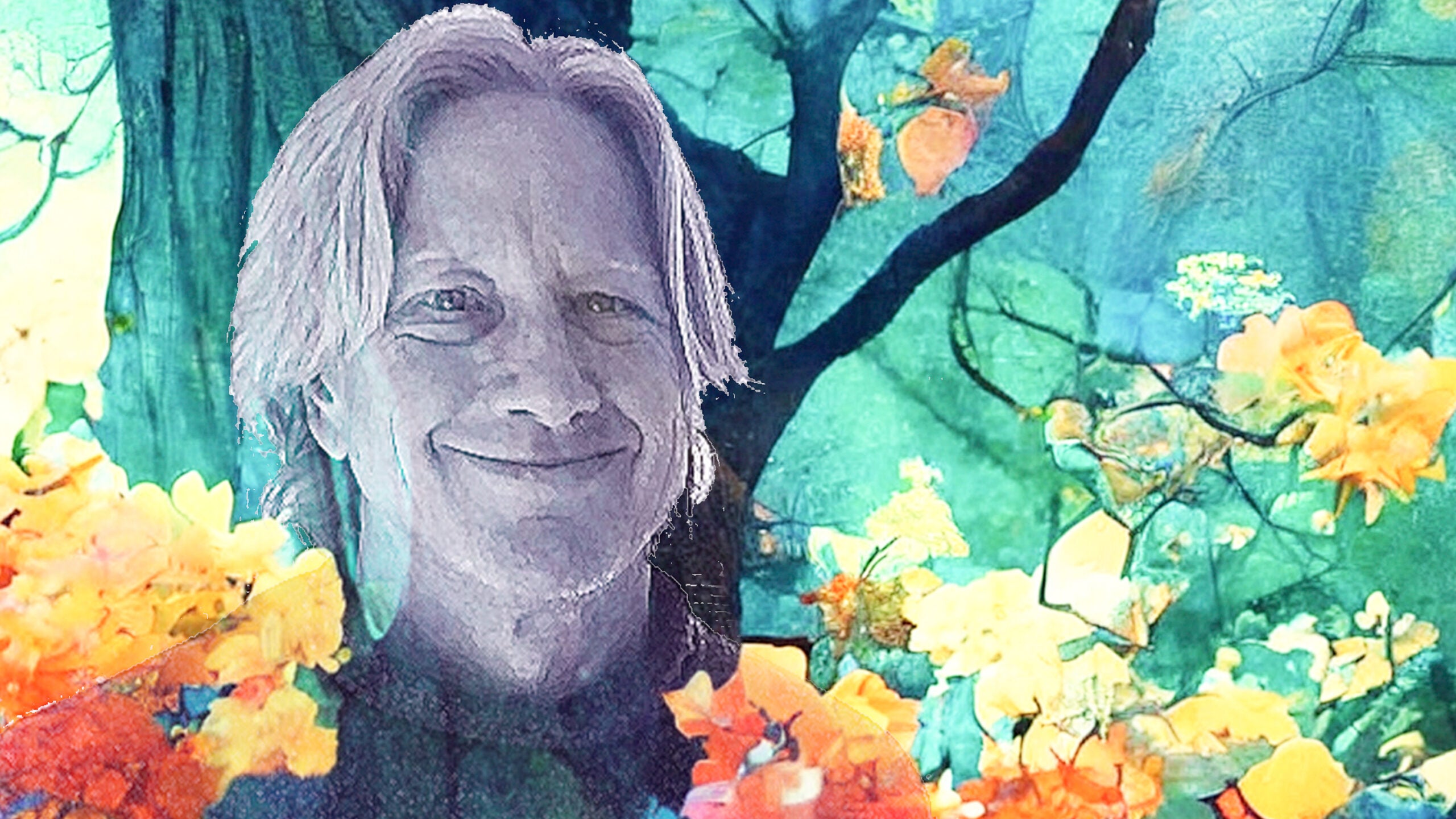While flipping the bird, or dropping the S-word is unacceptable in polite company, these actions in other contexts are laughed off as human nature. We talk to a professor of cognitive science about one of the most intimate acts that all humans do– swearing– and what it says about our nature. We also hear from the Democratic candidate for the 6th congressional district, Sarah Lloyd, and presidential hopeful Donald Trump campaigns in Wisconsin.
Featured in this Show
-
Donald Trump Campaigns In Green Bay
Republican presidential nominee Donald Trump visited Green Bay yesterday to rally his base in Wisconsin. We’ll speak with Green Bay Wisconsin Public Radio reporter Patty Murray who covered the event.
-
The Case For A Foul Mouth
Sometimes there’s no substitute for a word like “#%*&!” Or, if the situation really calls for it, maybe even “@^#!&.”
Swearing can provide a certain satisfaction not found with other words and, as many schoolyard outlaws can attest, there’s an undeniable excitement that comes from uttering forbidden phrases.
University of California, San Diego cognitive science professor Benjamin Bergen has sought to study the power swearing has for people.
Profanity holds a special place in language because it allows people to communicate strong emotions, he said. It also allows people to illicit strong reactions in others. Because of swearing’s unique place in language, Bergen said, it can help researchers gain insight into what makes humans human.
“(Profanity) just works differently from the rest of language,” he said. “And for that reason it affords us windows into the different dimensions into what it is to be human that other language just doesn’t.”
Bergen’s new book, “What The F: What Swearing Reveals About Our Language, Our Brains, and Ourselves,” delves into not only how profanity works as a function of language, but also how the brain processes swearing.
The part of the brain that processes normal, rational everyday language is relatively new in an evolutionary sense, Bergen said. But spontaneous, reactionary swearing, like what might tumble out if you break a jar, stub a toe or spill food on yourself, comes from an older part of the brain.
“(It’s a part of the brain that) lives deep in the center and that we share with other animal,” Bergen explained. “It’s responsible for communicative vocalizations that other animals use to express fear, stress, anxiety and so on. And we use these two different systems for different purposes. For rationally expressing our thoughts, or expressing our hot emotional states.”
In his research, Bergen breaks down profane words into four different categories: religion, the body, sex, and slurs against groups of people. These four categories of profanity are not unique to English, he said. Surveys of the world’s languages have yielded the same results. A likely reason is that in most parts of the world, these four categories touch on forbidden topics/
“We have taboos about those specific things,” Bergen said. “We have taboos about bodily functions. That’s why we wall off bathrooms inside of houses. We have taboos about religious concepts. We have taboos about other groups of people, particularly people that we marginalize and dehumanize through slurs.”
Over time, he said, the words associated with those taboos take on a similar charge.
Even the particular sounds swear words make lend power to their profanity. Bergen pointed to the hard “kuh” or “tuh” sounds that are frequently a fixture in the words that many people can find offensive. But not all words that sound that way are profane.
Because children are taught early on that particular words are not to be said in polite company, people have specific physiological reactions to those words, Bergen said. When TV shows like “Battlestar Galactica” use fake swear words to get around censors (in this case, the word is “frak”) the words used imply something profane but don’t have the same negative impact the real swear word might have.
Because kids are taught at a young age not to swear, there has been a strong interest in whether or not profanity can have a negative impact on children. Bergen said it’s been found swearing on its own hasn’t been linked to any adverse affects on children but the way language is used towards children more broadly has a profound impact, especially verbal abuse and the use of words that can be threatening or imply a lack of worth.
That means one whole category of profanity, namely slurs, should be avoided. Whether they are related to race, religion, gender, sexual identity, Bergen said they can be severely harmful when used around or towards children.
“Kids who are called by, for example, homophobic slurs throughout middle school report increases in depression, anxiety and feelings of separation from their school. So these things are clearly harmful,” he said.
What’s more important, Bergen said, is how the word and the phrase is being conveyed, rather than simply the word itself.
-
Why Swearing Is Important
Swearing may not be considered polite, but it may be a more important part of our language and culture than we realize. A professor of cognitive science explains what we can learn about ourselves, and our brains, by studying swearing.
-
Congressional Candidate Interview: Sarah Lloyd
Democrat Sarah Lloyd joins the show to talk about her campaign for Congress in Wisconsin’s 6th District, as part of an ongoing series of candidate interviews.
Episode Credits
- Rob Ferrett Host
- Kate Archer Kent Host
- J. Carlisle Larsen Producer
- Judith Siers-Poisson Producer
- Haleema Shah Producer
- Patty Murray Guest
- Benjamin Bergen Guest
- Sarah Lloyd Guest
Wisconsin Public Radio, © Copyright 2025, Board of Regents of the University of Wisconsin System and Wisconsin Educational Communications Board.

